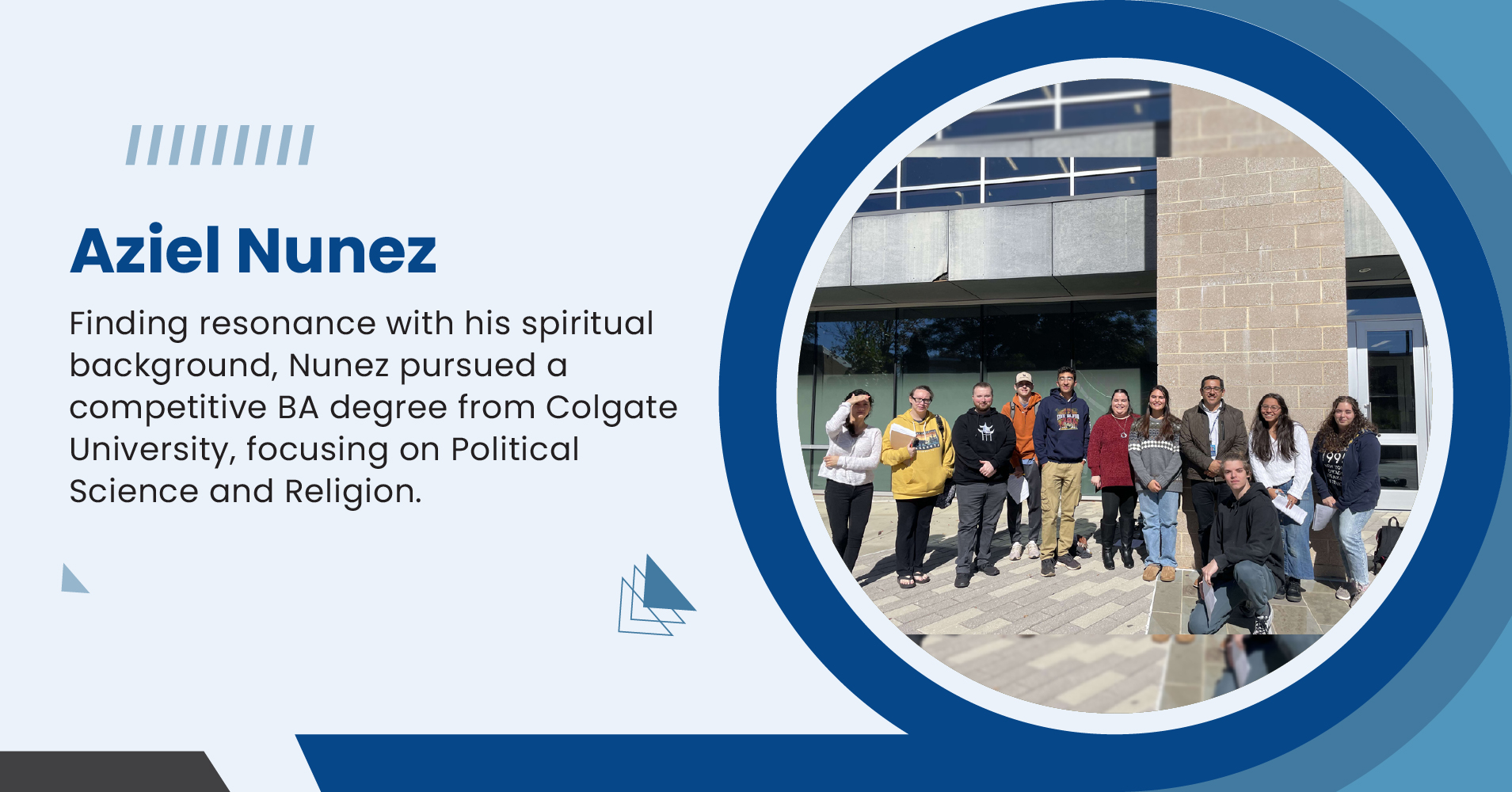
In the education journey, the significance of peer relationships often goes unnoticed amidst the emphasis on academic achievements. However, friendships and peer interactions are pivotal in shaping a student’s holistic development. Beyond the confines of textbooks and classrooms, the social dynamics within schools and colleges profoundly influence young minds. This article delves into the multifaceted impact of peer relationships on student development, highlighting friendships’ invaluable role in shaping individuals.
Understanding Peer Relationships:
Peer relationships encompass students’ interactions and connections with their peers inside and outside educational settings. These relationships manifest in various forms, from casual acquaintances to deep, meaningful friendships. For students, peers serve as companions, confidants, and sources of support as they navigate the complexities of academic and personal growth.
The Impact of Friendships on Academic Performance:
Contrary to popular belief, friendships do not detract from academic success but often facilitate it. Research indicates that students with strong social connections tend to perform better academically. Friendships foster a conducive learning environment wherein students engage in collaborative learning, share knowledge, and offer mutual assistance. Moreover, supportive friendships enhance motivation, resilience, and self-esteem, instrumental in academic achievement.
Emotional Well-being and Social Development:
Beyond academic pursuits, friendships profoundly influence students emotional well-being and social development. Adolescence is characterized by emotional turbulence and identity formation, wherein peer relationships assume heightened significance. Positive friendships provide a sense of belonging, acceptance, and validation, bolstering students’ self-confidence and emotional resilience. Furthermore, navigating interpersonal dynamics within friendships equips students with crucial social skills such as empathy, communication, and conflict resolution.
Peer Pressure and Risky Behaviors:
While friendships can positively influence students, they may also expose them to peer pressure and risky behaviors. Adolescents are particularly susceptible to peer influence, often conforming to the norms and behaviors in their social circles. Consequently, peer pressure may compel students to engage in risky behaviors such as substance abuse, delinquency, or academic dishonesty. Educators and parents must remain vigilant to mitigate the adverse effects of peer pressure by fostering open communication and promoting critical thinking skills.
Cultural Diversity and Inclusivity:
In an increasingly diverse and interconnected world, peer relationships offer invaluable cultural exchange and inclusivity opportunities. Schools and colleges serve as microcosms of society, comprising students from diverse cultural, ethnic, and socioeconomic backgrounds. Interacting with peers from different cultural backgrounds fosters empathy, cultural competence, and global awareness among students. Moreover, inclusive peer relationships cultivate a sense of unity and solidarity, transcending barriers of race, religion, or nationality.
Impact on Mental Health:
The quality of peer relationships significantly impacts students’ mental health and well-being. Positive friendships serve as protective factors against mental health issues such as depression, anxiety, and loneliness. Conversely, social isolation or toxic friendships can exacerbate psychological distress and contribute to the onset of mental health disorders. Schools must prioritize fostering a supportive and inclusive social environment wherein students feel empowered to seek help and support for their mental health concerns.
Long-Term Implications:
The influence of peer relationships extends far beyond the confines of the educational setting, shaping individuals’ trajectories into adulthood. Research suggests that the quality of peer relationships during adolescence correlates with various outcomes in adulthood, including career success, marital satisfaction, and overall well-being. Solid and enduring friendships forged during school years often endure the test of time, serving as pillars of support throughout life’s ups and downs.
Promoting Positive Peer Relationships:
Educators, parents, and policymakers play instrumental roles in nurturing positive peer relationships and fostering students’ social and emotional development. Schools can implement strategies such as peer mentoring programs, cooperative learning activities, and inclusive policies to cultivate a culture of respect, empathy, and belonging. Moreover, promoting open dialogue and providing resources for mental health support are essential to creating a supportive social environment.
In the tapestry of student development, peer relationships are threads that weave together academic success, emotional well-being, and social growth. Friendships serve as catalysts for learning, sources of resilience, and pillars of support during adolescence and beyond. By recognizing the profound impact of peer relationships and fostering a culture of inclusivity and support, educators and stakeholders can empower students to thrive academically, emotionally, and socially. As we navigate the complexities of education, let us remember that behind every successful student lies a network of meaningful friendships, shaping their journey of growth and self-discovery.